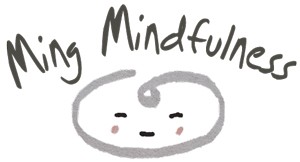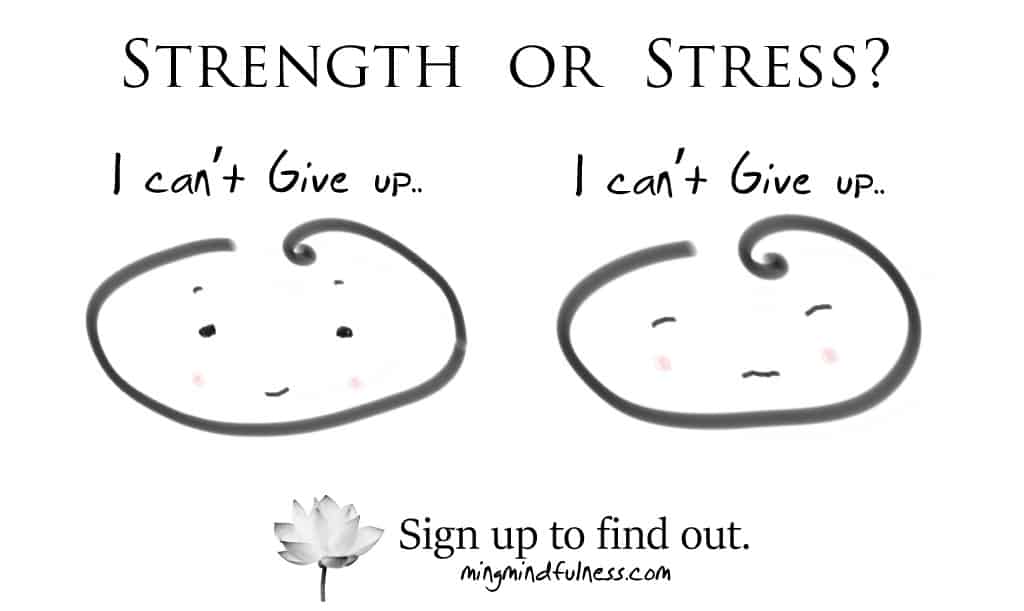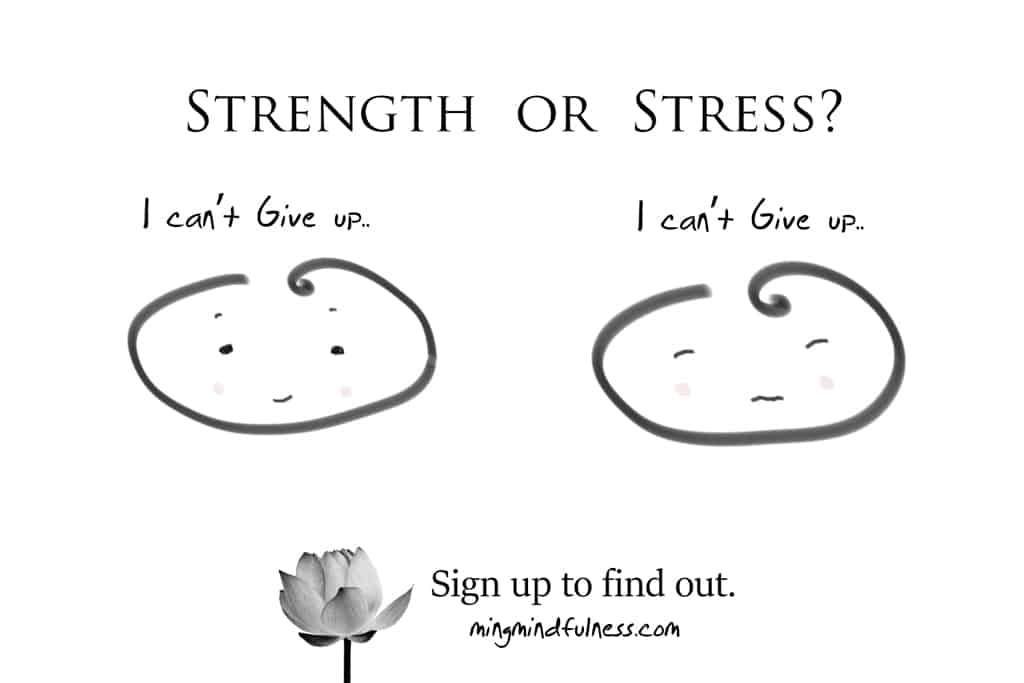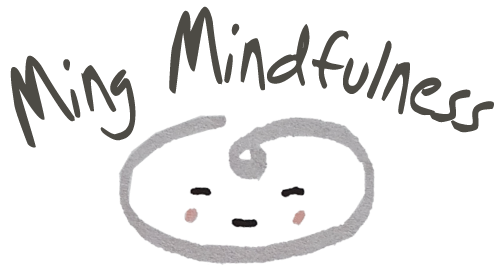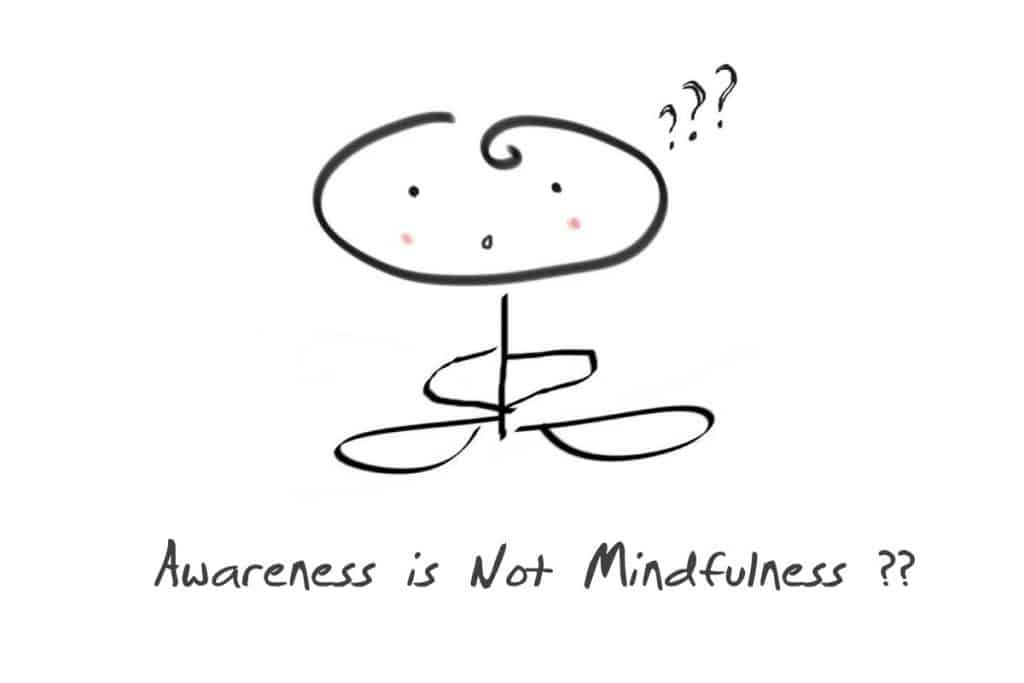
Awareness noun
knowledge or perception of a situation or fact
Source: Google Dictionary
Awareness is a state that we can all exercise with intention or it can pop up in the moments of our life by accident. While awareness is an important component of Mindfulness, it is a one-dimensional component of Mindfulness. There are many definitions of Mindfulness out there, perhaps one of the most mistaken ones are those that equate Mindfulness to awareness. Possibly one of the simplest and most elegant definition I have heard is this –
Mindfulness noun
‘A relaxed attentiveness to what’s taking place within us and around us in every moment.’
Source: Brother Phap Hai – Plum Village online mindfulness retreat
If I may have the audacity to add 2 words into this definition –
‘A relaxed and objective attentiveness to what’s taking place within us
and around us in every moment.’
I like you to take a moment to imagine if most peeps master this ability and go about their day. What kind of world would it be?
If you master it, how would that impact your work, your relationships, your way of living?
In these few words, there are already so many aspects that I can see myself and possibly many modern dwellers floundering in.
‘Relaxed’ – (Sarcastic Laughter)
Did I also mention kindness, allowing and self-compassion?
‘Objective’ –
Do you dare count the number of coloured lenses and judgements one holds over one’s entire lifetime?
‘Attentiveness’ –
There are snacks in the fridge, unwatched Netflix episodes, social media updates and 5 email accounts to check.
‘What’s taking place within us’ –
Qn: ‘What body sensations are there when you are feeling sad?’
Ans: ‘What body sensations?’
‘In every moment’ –
‘I can’t even watch my breath for 3 seconds.’
Awareness is a state already accessible to you; we are all born with it. It can comes up unintentionally in an inspired moment or it can be an intentional effort. It is the moment that you see clearly and objectively, be it externally or internally.
While Mindfulness needs awareness, it is a richer and more profound state. Not that it is more difficult to achieve, but it requires an intentional practice, especially the components of non-judgement, relaxed ease and the focus of what is going on within ourselves. And somewhere deep within us, we recognise it as a significant skill for life. Who doesn’t want to feel calm and spacious?
However, many people give up just as they are about to succeed, thinking they have failed. When we are doing something intentionally, we have in mind what we think is success or failure. But we can never actually fail in Mindfulness, because the moment you noticed you have not been mindful, you have become aware. This is the first step of mindfulness, and hence you have already succeeded. And if you can cultivate the space and ease to laugh a little at yourself, and drop away the self-judgements, you have become mindful.
So start short and start simple.
We can start paying a ‘relaxed objective attentiveness’ to all that is here, including the times we think we have failed. Even with just 10 minutes of simple mindfulness practice a day, we will establish important mind habits and skills that will deeply affect our day-to-day well-being.
Commit to simplicity and letting be.
Comment Below: Do you have any behaviour that catches your awareness occasionally, and you wish that you could had been more intentional before you act?
